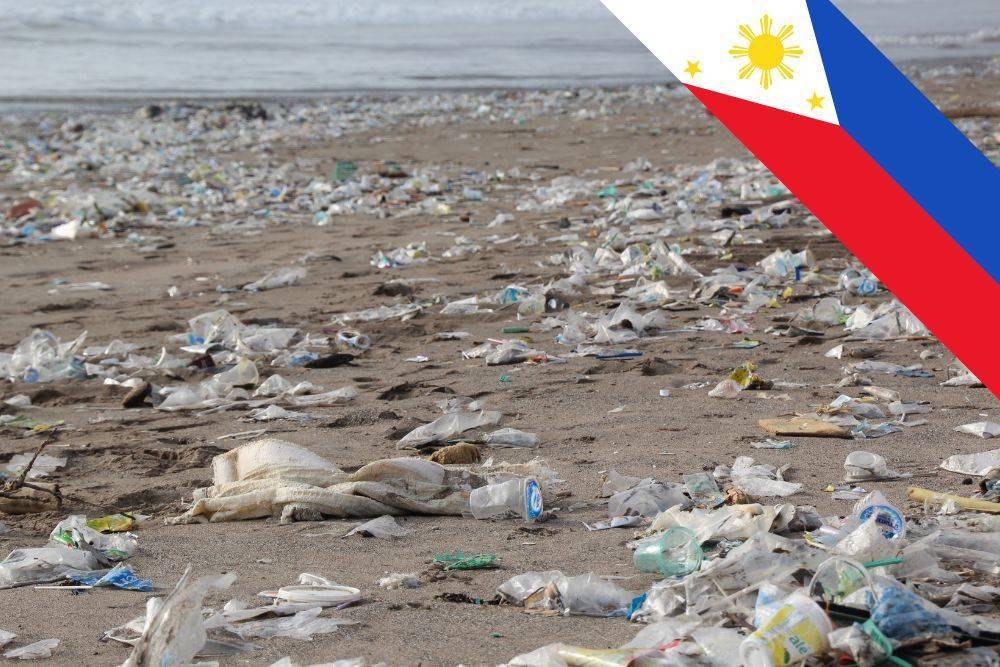In response to the escalating environmental crisis caused by plastic pollution, the Ecowaste Coalition is intensifying its campaign for a worldwide prohibition on toxic plastics.
This initiative by Ecowaste Coalition aligns with the ongoing efforts at the 4th Intergovernmental Negotiating Committee (INC-4) meeting, which seeks to formulate a comprehensive global treaty addressing the proliferation of plastics and its detrimental effects on ecosystems.
Deliberations and Resolutions at INC-4
At INC-4, representatives from various nations engaged in extensive deliberations to devise effective strategies for mitigating plastic pollution. The culmination is a preliminary draft text outlining potential international agreements to curb plastic usage and enhance environmental stewardship. This document serves as a crucial framework for following negotiations and collaborative endeavours.
Ecowaste Coalition’s Firm Stand
Central to the Ecowaste Coalition’s advocacy is highlighting the grave repercussions of toxic plastics on public health and the environment. The coalition underscores the urgency of implementing strict regulations to eradicate harmful plastic materials from manufacturing processes and daily consumption patterns. It urges policymakers and stakeholders to prioritise decisive and swift actions in addressing this pressing issue.
Urgent Environmental and Health Imperatives
Toxic plastics pose significant threats. This is due to the presence of hazardous chemicals capable of leaching into ecosystems, endangering both wildlife and human well-being. Of particular concern are microplastics, pervasive contaminants detected in marine environments, terrestrial habitats, and even within human physiological systems, thereby exacerbating ecological degradation and health risks.
Understanding Microplastic Contamination
Microplastics originate from a myriad of sources. These include the breakdown of larger plastic debris, microbeads in personal care products, and synthetic fibres released during laundering. These tiny particles pose a significant threat to marine life. This is because ingestion can lead to physical harm, toxicological effects, and bioaccumulation within the food chain. Moreover, their buoyant nature facilitates dispersion across vast distances, surpassing geographical boundaries and infiltrating even the most remote ecosystems.
The Human Dimension: Microplastics Within
While the ecological effects of microplastic pollution have garnered considerable attention, the implications for human health remain an area of concern. Recent investigations have revealed the presence of microplastics in various human tissues, including the gastrointestinal tract, respiratory system, and even within vital organs. This alarming discovery raises pressing questions regarding the potential health effects of microplastic exposure. Therefore, it warrants further research to elucidate the extent of the risk.
Health Implications and Uncertainties
The health impacts of microplastics on human physiology are complex and multifaceted. Potential risks are associated with chemical toxicity, physical irritation, and inflammatory responses. Studies have demonstrated the ability of microplastics to adsorb and transport harmful pollutants, such as heavy metals and persistent organic pollutants. However, the precise mechanisms by which they exert adverse effects on human health remain incompletely understood. Furthermore, the long-term consequences of chronic exposure to microplastics necessitate rigorous investigation to inform evidence-based risk assessment and mitigation strategies.
Implications on the Global Stage
The momentum behind the global campaign to ban toxic plastics underscores the imperative for holistic approaches to combat plastic pollution. The outcomes of the INC-4 deliberations are to exert substantial influence on international policy frameworks, promoting cross-border cooperation and collective action to address this shared challenge.
Uniting for Change
The Ecowaste Coalition intensifies its call for a global ban on toxic plastics. This aligns with efforts at the 4th Intergovernmental Negotiating Committee (INC-4) meeting. Deliberations at INC-4 resulted in a draft text outlining potential agreements to curb plastic usage, underlining the urgent need for stringent regulations. While uncertainties persist about the health effects of microplastics, rigorous investigation is crucial. The global momentum for a ban reflects a consensus on the necessity for holistic approaches to combat plastic pollution.
Have a pressing question for a doctor? Medical Channel Asia has launched a community forum page where you can get questions answered by a medical specialist. Visit the community forum here.

